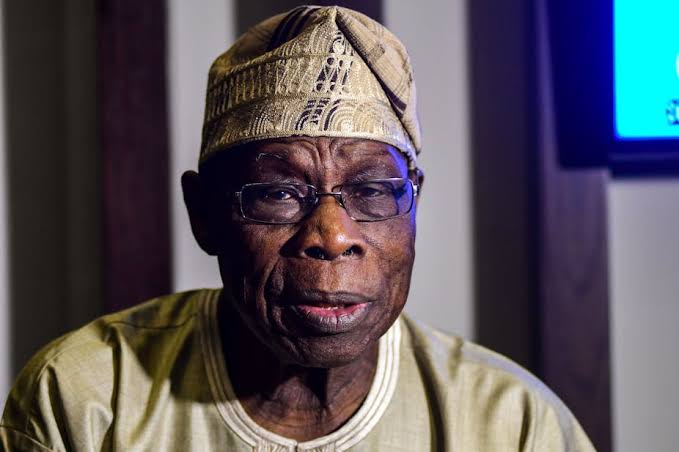
Former President Olusegun Obasanjo has again taken a swipe at members of the National Assembly, accusing them of corruption, self-enrichment, and distorting Nigeria’s budget through constituency projects.
In his newly released book, Nigeria Past and Future: Contemplations on Nigeria’s History and Vision for Tomorrow, the former leader described constituency projects, whether at federal or state level, as “daylight unarmed robbery” conceived by lawmakers in their “hunger for illegitimate money.”
Obasanjo, who recounted his experiences dealing with legislators as both military head of state and civilian president, said he found “no redeeming feature” in their conduct. He alleged that during his presidency, lawmakers frustrated anti-corruption reforms, including attempts to establish the Economic and Financial Crimes Commission (EFCC), which took over a year to pass in a watered-down form because legislators feared jail terms after leaving office.
He also cited how the Niger Delta Development Commission (NDDC) bill was allegedly altered after state governments bribed lawmakers to remove provisions requiring them to contribute funds.
According to Obasanjo, the most damaging conduct of the current legislature is its “insatiable appetite for corruption,” particularly the unilateral determination of salaries and allowances in defiance of the Constitution. He said their self-approved pay makes Nigerian lawmakers among the highest paid in the world, ahead of some developed nations.
The former president further condemned what he called fraudulent oversight visits, which he alleged were used by committees as avenues to extort money from ministries and agencies.
“In their hunger for illegitimate money, lawmakers devised what they call constituency projects, which they unilaterally insert into the budget without consultation or agreement with the executive. These projects distort the national budget, create deficits, and make the entire process a caricature,” Obasanjo wrote.
He warned that unless checked, such practices would continue to undermine governance and deepen public mistrust in the legislature.
